|
LISTEN TO THIS THE AFRICANA VOICE ARTICLE NOW
Getting your Trinity Audio player ready...
|
Tanzanian President Samia Suluhu Hassan Monday, May 19, 2025, delivered a sharp warning to foreign activists and observers, saying that she will not permit external interference in the country’s internal affairs.
Speaking in Dar es Salaam during the launch of Tanzania’s new foreign policy framework, President Suluhu signaled a zero-tolerance approach toward what she termed “indiscipline” and “chaos” imported from abroad. Her comments followed the controversial deportation of several prominent Kenyan and Ugandan activists, including Kenya’s former Justice Minister Martha Karua and rights campaigner Boniface Mwangi, who had traveled to observe court proceedings involving opposition leader Tundu Lissu.
“Let them not come here to meddle. We will not give a chance to anyone to come and destroy us,” the president declared. “Those who have spoiled their countries should not be allowed to cross into Tanzania and spread their indiscipline here.”
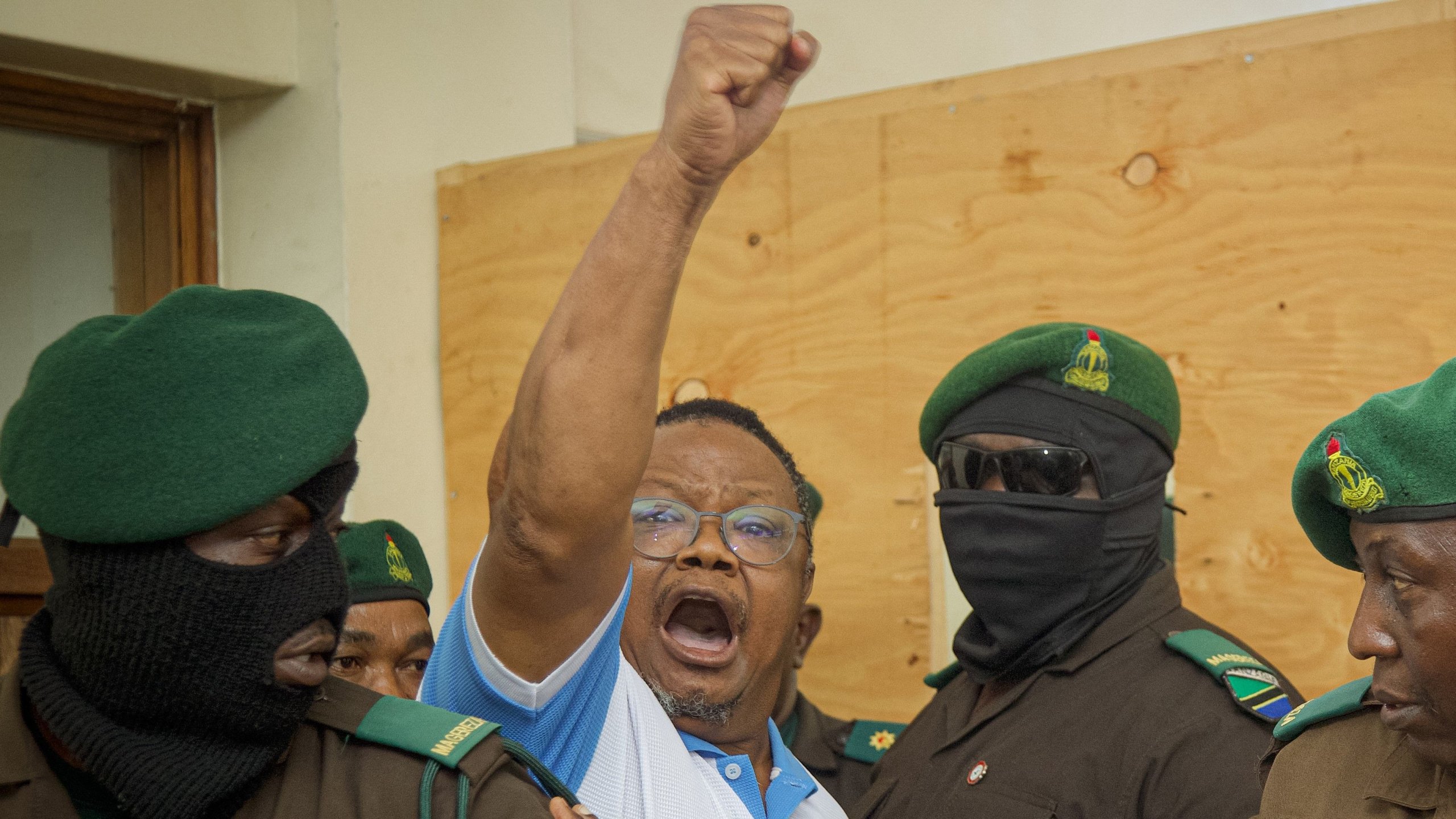
Although the Tanzanian government has not officially detailed the reasons for the deportations, Suluhu’s remarks left little doubt that the presence of foreign observers was perceived as a threat to state authority during a politically sensitive period.
Tanzania is gearing up for general elections in October, but the political climate is anything but settled. The ruling Chama Cha Mapinduzi (CCM) party, in power since independence, is facing growing criticism from opposition groups, civil society, and international watchdogs over what they describe as shrinking democratic space.
At the center of recent tensions is Tundu Lissu, the firebrand vice-chairman of the main opposition party Chadema. Lissu was arrested on April 9 after publicly calling for electoral reforms under the banner “No reforms, no elections.” He now faces serious charges of treason and publishing false information online—charges that carry the possibility of the death penalty if convicted.
His arrest has sparked public demonstrations, heavy security crackdowns, and international attention. On Monday, during a court appearance in Dar es Salaam, Lissu raised his fist in defiance and told his supporters, “You will be fine. You should not fear.” The court adjourned his case until June 2 after prosecutors requested more time to complete investigations.
President Suluhu’s rise to power in 2021 was met with cautious optimism. Following the sudden death of President John Magufuli, whose administration was widely condemned for authoritarian practices, Suluhu pledged to open up the political space and restore civil liberties.
She met with opposition leaders, unbanned newspapers, and initiated limited reforms. For a time, it seemed Tanzania might be turning the page. But the events of the past year have left many wondering if those early steps were temporary detours rather than a permanent redirection.
Opposition rallies have increasingly been disrupted. Media outlets continue to face restrictions. And the electoral commission recently disqualified Chadema from contesting the October elections, citing the party’s refusal to sign a controversial code of conduct that opposition leaders say unfairly favors the ruling party.
The deportation of Karua, Mwangi, and Ugandan lawyer Agather Atuhaire has stirred concern not only among Tanzanian activists but across East Africa. While former Kenyan Chief Justice David Maraga managed to attend Lissu’s hearing and later called for a fair legal process, others, like retired Chief Justice Willy Mutunga, were blocked at the airport.
Tanzania’s immigration department has not provided a formal explanation. Its spokesperson, Paul Mselle, told Reuters that he was unaware of the deportations but would investigate.
The Tanzania Human Rights Defenders Coalition (THRDC) confirmed the expulsions and warned of what it sees as a dangerous resurgence of state repression, mirroring the tactics of the Magufuli era.
With just months to the election, President Suluhu is walking a political tightrope. She must assert authority while defending her image as a reformer. Her latest remarks suggest a growing determination to control not just the narrative, but also the spaces, legal, physical, and political, where dissent is expressed.
Critics say that clamping down on the opposition and rejecting foreign scrutiny sends a chilling message about the direction of Tanzanian democracy. Supporters of the government, however, argue that national sovereignty must take precedence and that outsiders should respect Tanzania’s internal processes.
“I have seen clips saying I am biased,” Suluhu said on Monday. “But what I am doing is protecting my country, which is the key mandate I was given.”
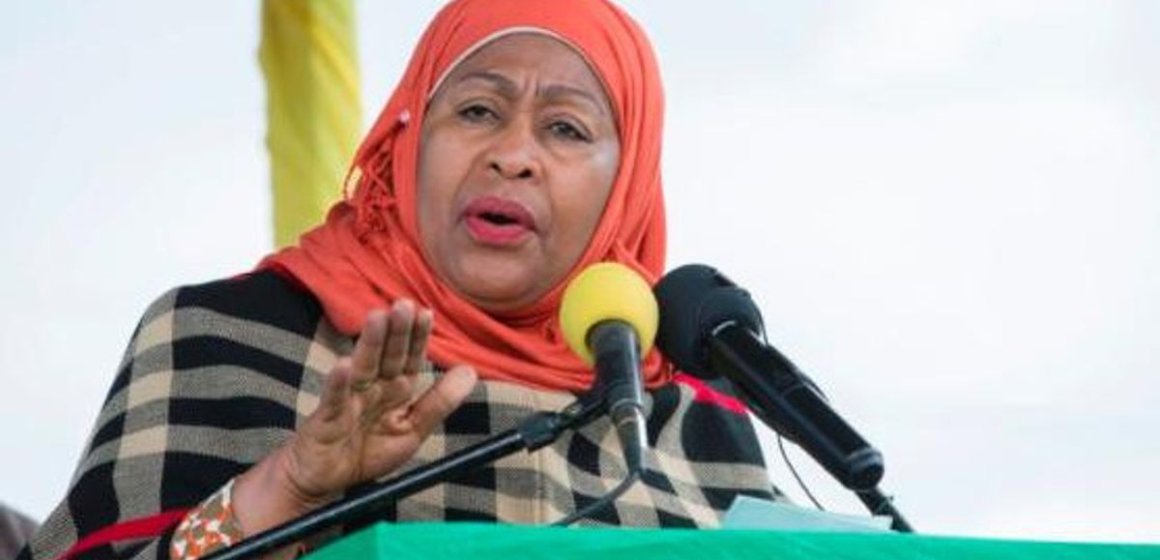

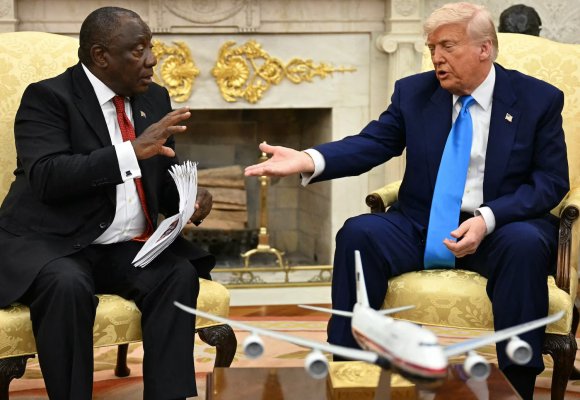
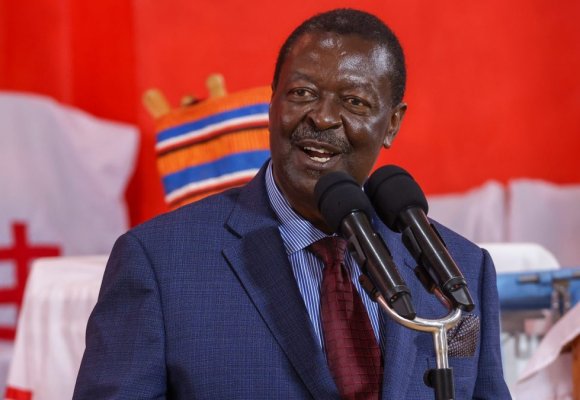
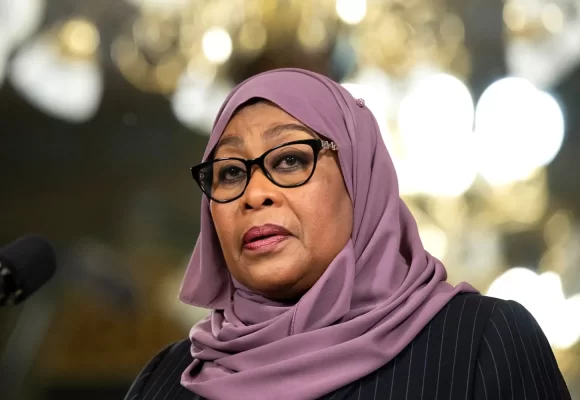
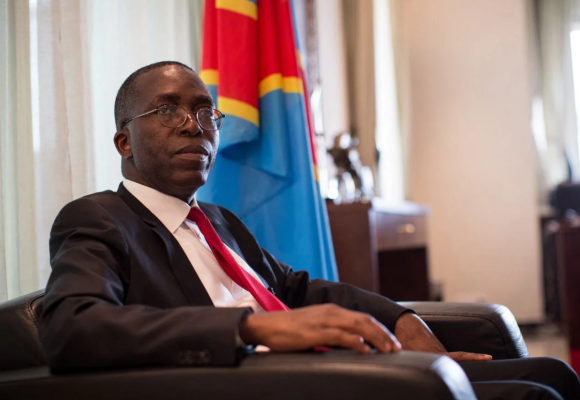
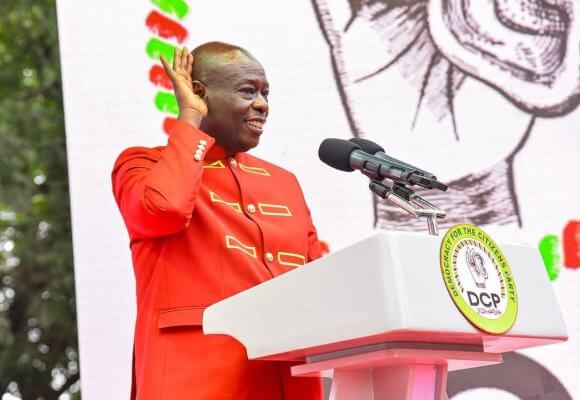
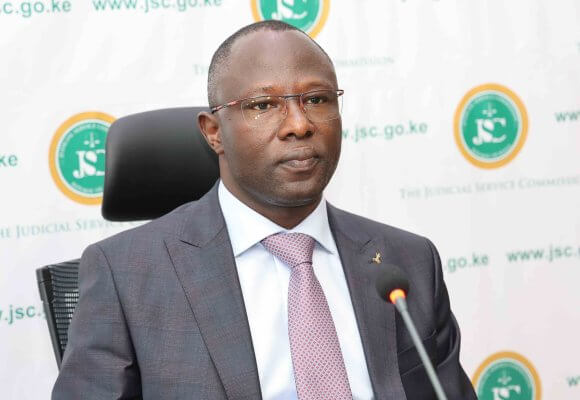

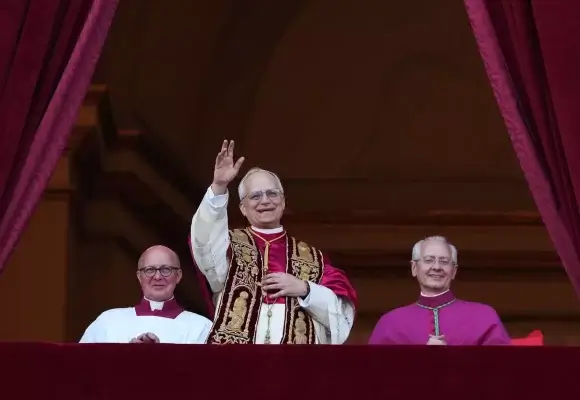
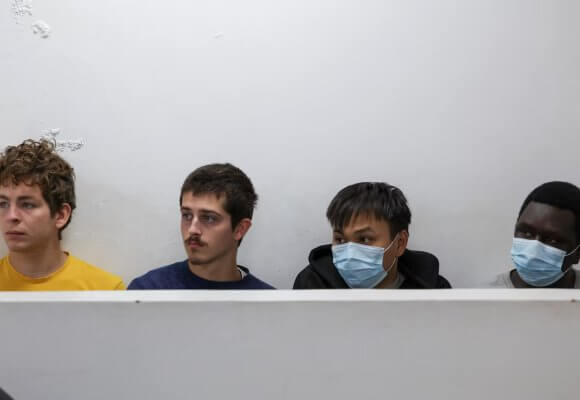
LEAVE A COMMENT
You must be logged in to post a comment.